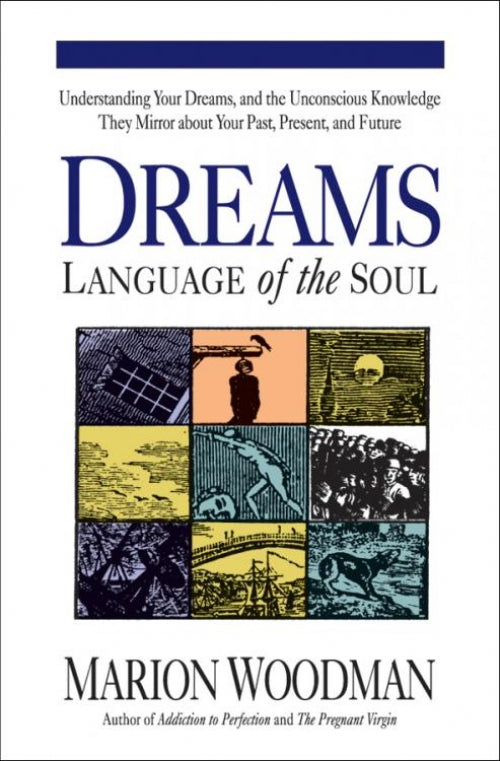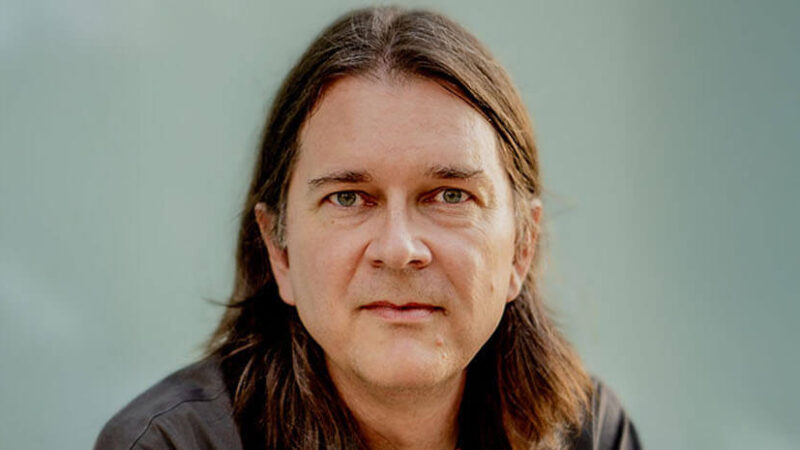He’s the son of Timothy Leary and one of today’s leading voices in the psychedelic renaissance of the 21st century. But Zach Leary’s journey hardly unfolded in the way you might expect. In this deeply informative and myth-busting podcast, Tami Simon speaks with Zach about his new book with Sounds True, Your Extraordinary Mind.
With a “friend to friend” approach to discussing the amazing potential for the safe use of psychedelics, Tami and Zach converse about: carrying forward the legacy of the front-runners of psychedelic exploration, including icons like Terence McKenna, Humphry Osmond, Dr. John C. Lilly, and of course, Zach’s father Timothy and Richard Alpert (Ram Dass); acknowledging the mistakes of the past and dispelling the myths and misconceptions about psychedelics; bringing legitimacy to the use of psychedelics for healing and insight; a review of the major compounds and their sources (natural and manmade), such as MDMA, psilocybin mushrooms, ayahuasca, LSD, and ketamine; the importance of the 3 S’s: set, setting, and sustainability; turning insights into action; challenging experiences (instead of “bad trips”); Carl Jung and shadow work; using psychedelics to overcome our fear of death; Zach’s personal battle with addiction and how psychedelics supported his recovery; the nature of consciousness; psychedelics as humanity’s evolutionary partner; and more.
Note: This episode originally aired on Sounds True One, where these special episodes of Insights at the Edge are available to watch live on video and with exclusive access to Q&As with our guests. Learn more at join.soundstrue.com.










